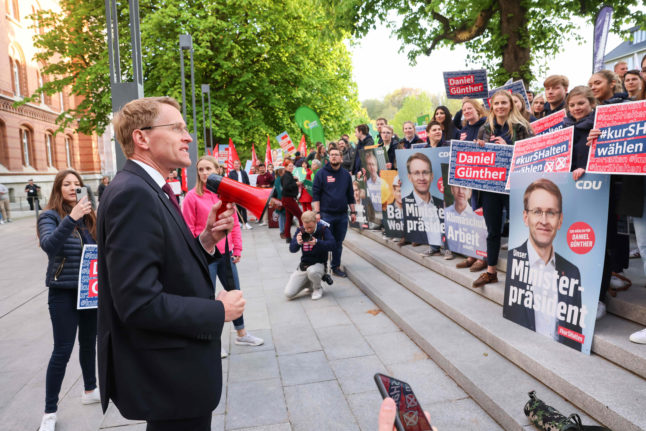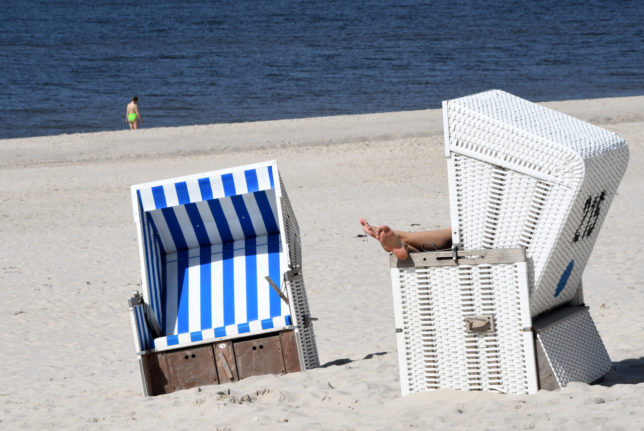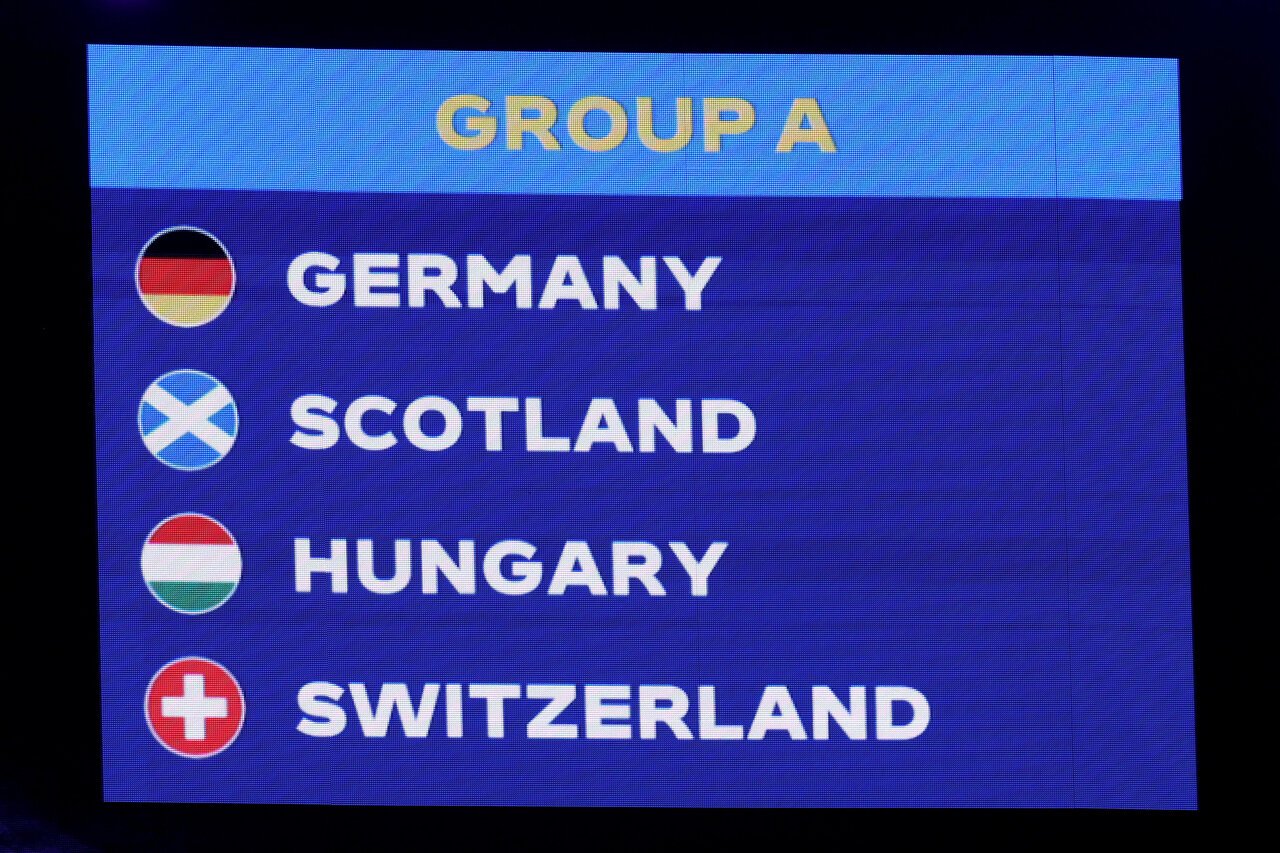Can Germany face up to its racism problem?
Many of you have told of us about the discrimination and racism you’ve faced in Germany, particulary when it comes to trying to find a place to rent and in working life. So we were interested to report on a study on how people in Germany perceive the issue of racism.
According to the survey by the newly set up Racism Monitor more than a fifth of the population (22 percent) – said they had been affected by racism, and 45 percent said they had seen racist incidents. And nearly all respondents to the survey – 90 percent – said they believed that racism existed in the country.
Tareq Alaows, a Syrian refugee who hoped to run for German parliament last year but changed his mind due to racism and threats, tweeted that the study was a “wake-up call to our society to finally look and recognise racism as the danger it is”. He said the study also showed the “anti-racist potential in society”.“This must open the debate and move us all to action,” Alaows said.
Tweet of the week
Sometimes you just have to take a break from the big problems of the world and tweet about Star Wars. We see you, German Justice Minister Marco Buschmann.
No one:
Absolutely no one:
The German Justice Minister: pic.twitter.com/ICTrSDvqsT
— Giulio Mattioli (@giulio_mattioli) May 4, 2022
Where is this?

We hear a lot about Spargelzeit (asparagus season) in spring, but what about Erdbeersaison? Yes, strawberry season is underway as this photo from Grömitz in Schleswig-Holstein shows. Starting from now and throughout summer, you can expect to see strawberry ‘pop-up’ shops around the country on the side of roads and on streets.
And it’s not just strawberries they sell. You will also come across boxes of fresh blueberries and, later in the season, Pfifferlinge (chanterelle) mushrooms. We thoroughly recommend that you get out into the countryside and pick up some fresh produce in the coming weeks and months.
Did you know?
The northern state of Schleswig-Holstein will elect a new parliament on Sunday, May 8th so we thought we’d look at what makes this northern state tick politically. With 2.9 million residents, the state, between the North Sea and Baltic Sea, is the second smallest German state after Saarland.
Christian Democrat Daniel Günther has led the state since the last election in 2017. He governs with the Greens and the Free Democrats (FDP) and is standing for re-election. Recent polls put the CDU in the lead, so this constellation could return. But other coalitions are possible. Important topics for this state include green energy – the state has been racing ahead with its wind energy production and, according to experts, it wants to show how it is key to Germany getting away from relying on Russian energy.
Thanks for reading,
Rachel and Imogen @ The Local Germany
This article is also sent out as a weekly newsletter just to members every Saturday. To sign up and get it straight into your inbox just go to your newsletter preferences.




 Please whitelist us to continue reading.
Please whitelist us to continue reading.
Member comments